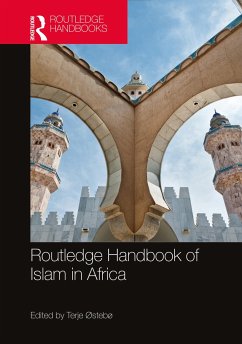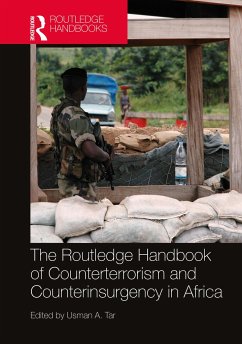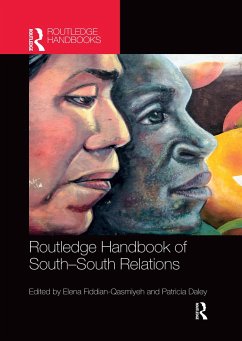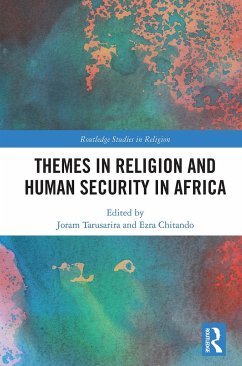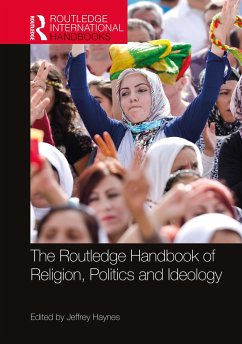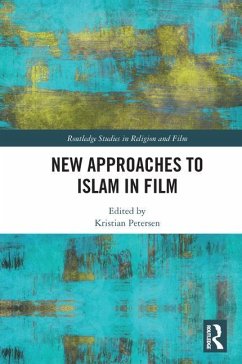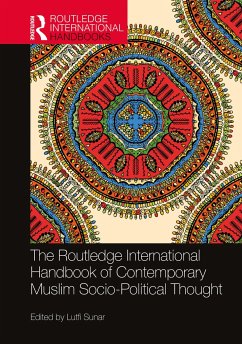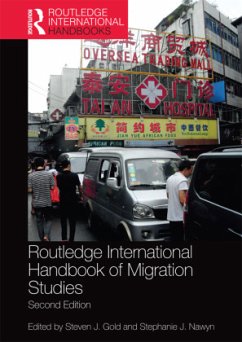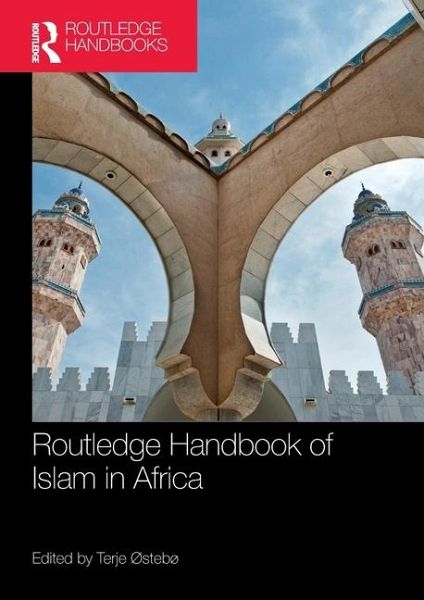
Routledge Handbook of Islam in Africa
Versandkostenfrei!
Versandfertig in 6-10 Tagen
47,99 €
inkl. MwSt.

PAYBACK Punkte
24 °P sammeln!
Bringing together cutting-edge research from a range of disciplines, this handbook argues that despite often being overlooked or treated as marginal, the study of Islam from an African context is integral to the broader Muslim world.Challenging the portrayal of African Muslims as passive recipients of religious impetuses arriving from the outside, this book shows how the continent has been a site for the development of rich Islamic scholarship and religious discourses. Over the course of the book, the contributors reflect on:The history and infrastructure of Islam in AfricaPolitics and Islamic...
Bringing together cutting-edge research from a range of disciplines, this handbook argues that despite often being overlooked or treated as marginal, the study of Islam from an African context is integral to the broader Muslim world.
Challenging the portrayal of African Muslims as passive recipients of religious impetuses arriving from the outside, this book shows how the continent has been a site for the development of rich Islamic scholarship and religious discourses. Over the course of the book, the contributors reflect on:
The history and infrastructure of Islam in AfricaPolitics and Islamic reformGender, youth, and everyday life for African MuslimsNew technologies, media, and popular culture.
Written by leading scholars in the field, the contributions examine the connections between Islam and broader sociopolitical developments across the continent, demonstrating the important role of religion in the everyday lives of Africans.
This book is an important and timely contribution to a subject that is often diffusely studied, and will be of interest to researchers across religious studies, African studies, politics, and sociology.
Challenging the portrayal of African Muslims as passive recipients of religious impetuses arriving from the outside, this book shows how the continent has been a site for the development of rich Islamic scholarship and religious discourses. Over the course of the book, the contributors reflect on:
The history and infrastructure of Islam in AfricaPolitics and Islamic reformGender, youth, and everyday life for African MuslimsNew technologies, media, and popular culture.
Written by leading scholars in the field, the contributions examine the connections between Islam and broader sociopolitical developments across the continent, demonstrating the important role of religion in the everyday lives of Africans.
This book is an important and timely contribution to a subject that is often diffusely studied, and will be of interest to researchers across religious studies, African studies, politics, and sociology.





